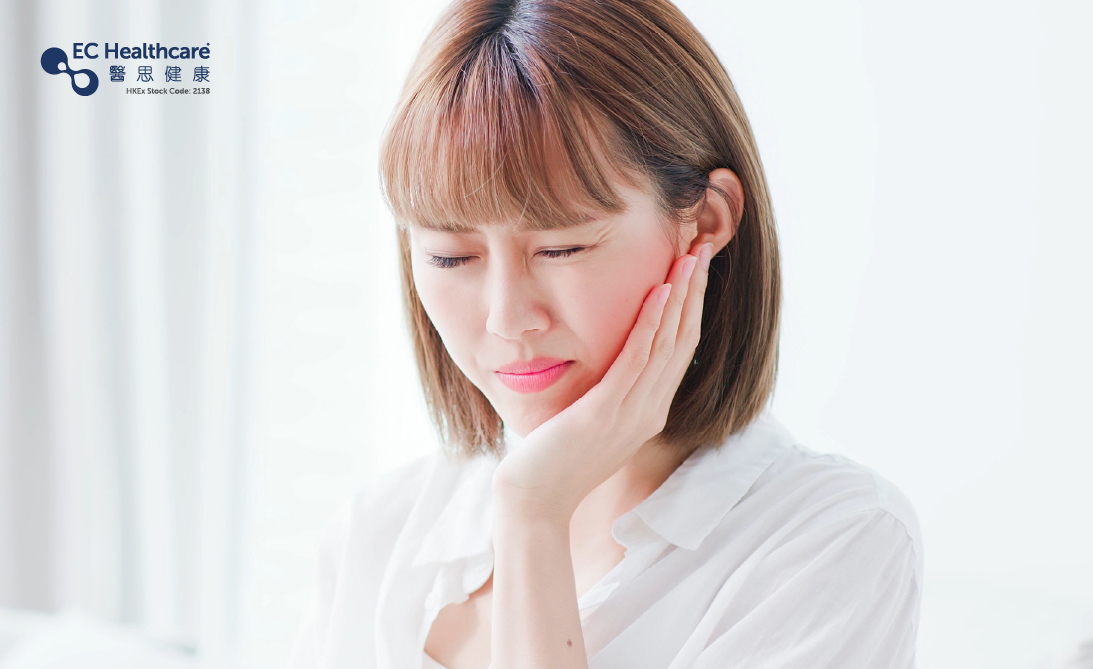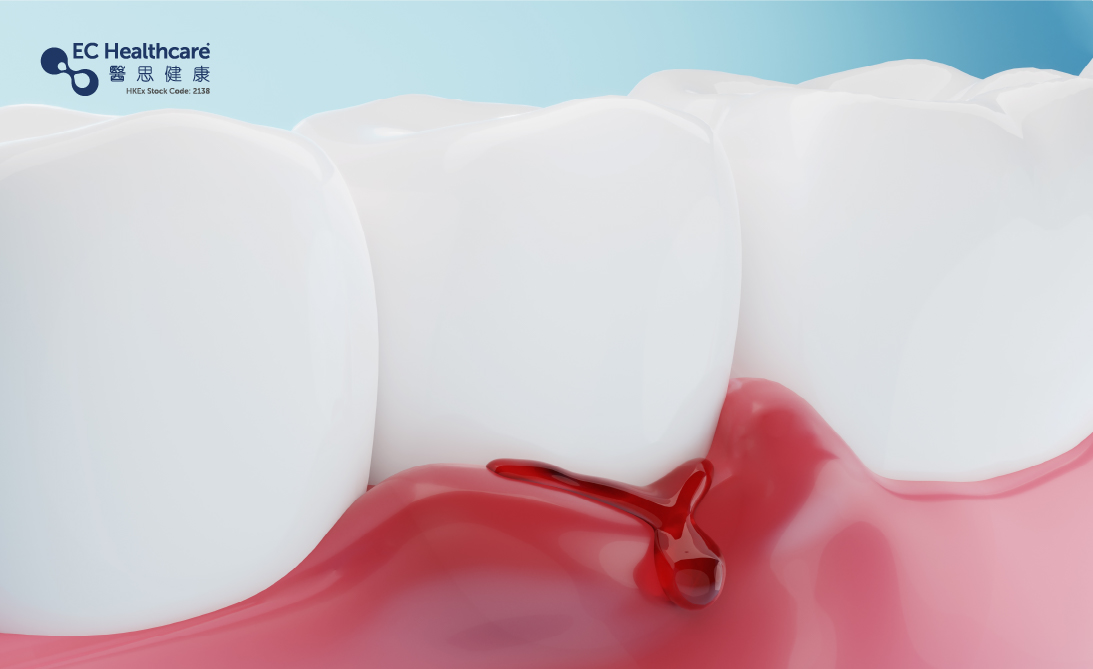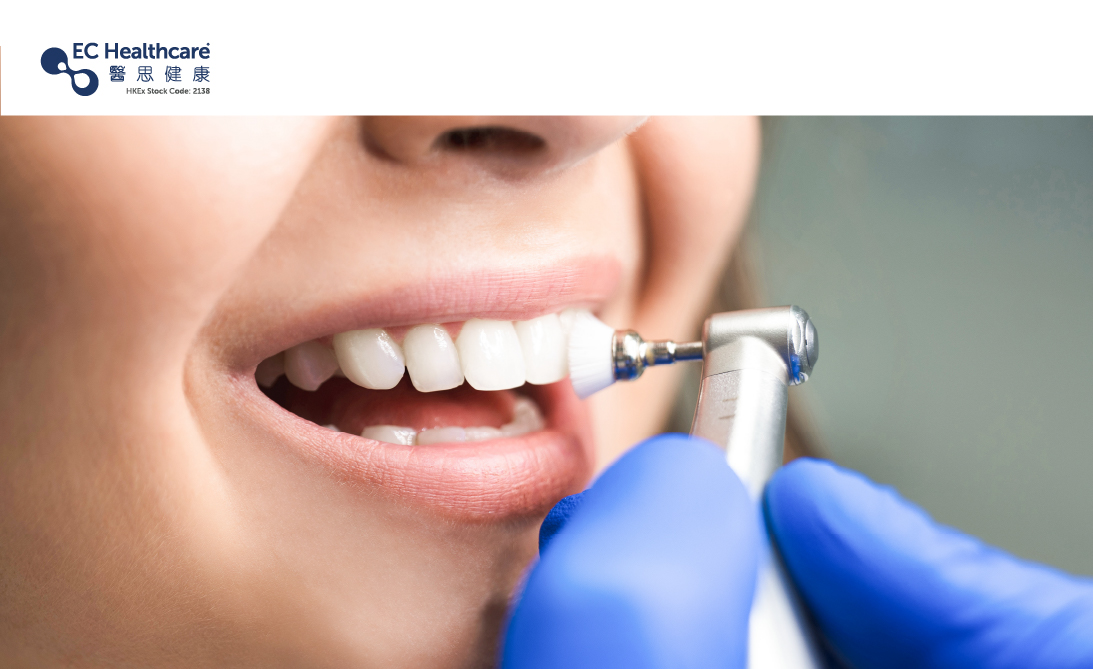Causes of Temporomandibular Joint (TMJ) Pain


Have you experienced stiffness in the temporomandibular joint (TMJ) of your face, accompanied by a dull pain whenever you open your mouth? TMJ pain can be as distressing as dental pain, and for some patients, it can even restrict mouth opening and radiate to the head, significantly impacting daily life. If you are experiencing these symptoms, it is important to seek medical attention and receive appropriate treatment as soon as possible.

Causes of TMJ Pain
TMJ pain can be classified into two main categories: muscle-related and joint-related issues.
Muscle-related issues refer to strain and damage caused by excessive use of the muscles surrounding the TMJ. For example, regularly consuming hard, sticky, and chewy foods or engaging in teeth grinding and clenching due to stress can lead to muscle fatigue, soreness, and inflammation, resulting in TMJ pain.
As for joint-related issues, they may be caused by factors such as excessive yawning, prolonged dental examinations, or accidental injuries, which can result in TMJ and disc displacement, as well as TMJ trauma, leading to inflammation.
Symptoms of TMJ Pain
• Pain in the TMJ area
• Clicking or popping sounds when opening or closing the jaw
• Feeling of jaw getting stuck
• Jaw stiffness and difficulty in opening the mouth
• Headache, dizziness, or ear pain
• Facial asymmetry
• Malocclusion (misalignment of the bite)
The duration of these symptoms can vary. Some patients may experience them for only a few days, while others may have them persist for weeks or months. The severity and duration of symptoms can vary from person to person.
Treatment for TMJ Pain
Dentists often instruct patients to perform conservative oral exercises to strengthen the muscles and maintain muscle balance. Additionally, anti-inflammatory medication may be prescribed to manage mild TMJ pain. If symptoms persist, dentists may recommend the use of a night guard to prevent teeth grinding or unconscious clenching during sleep, reducing stress on the joints.
In severe cases, dentists may perform a procedure called "Arthrocentesis" (jaw joint washout). This involves inserting two needles into the joint space and flushing it with physiological saline solution to remove inflammatory substances and fibrous tissues, reducing joint pressure. Hyaluronic acid injection for joint lubrication may also be administered. The success rate of this treatment is over 80%.
Related Brands










